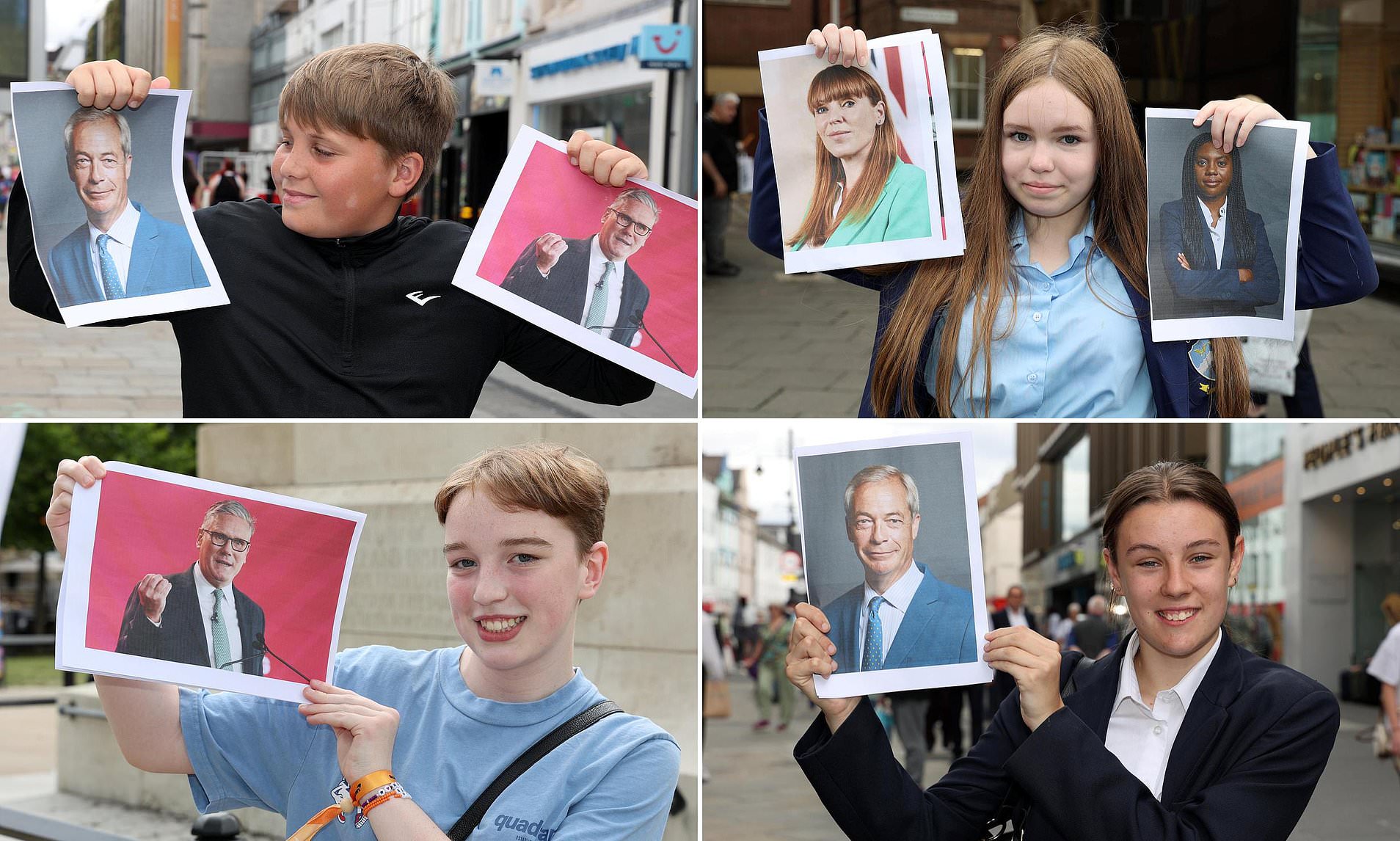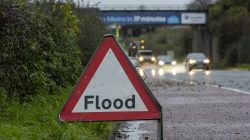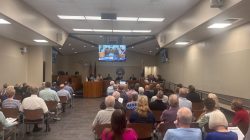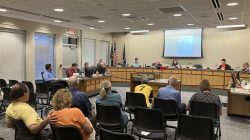Young Voters Show Mixed Understanding of UK Politics
The proposal to lower the voting age in England from 18 to 16 has sparked a wide range of reactions, with some arguing it could increase youth participation in politics. However, recent surveys have revealed that many young people lack basic knowledge about key political figures and policies.
During a street survey conducted in Newcastle and Cambridge, teenagers were shown images of prominent UK politicians, including Prime Minister Keir Starmer, Deputy Prime Minister Angela Rayner, Chancellor Rachel Reeves, and Conservative leader Kemi Badenoch. The results showed a surprising lack of familiarity with these figures.
In Newcastle, Nigel Farage was the most recognizable figure among the teens, with four out of five correctly identifying him. However, fewer students could name other key leaders. Dominic Carlyle, 13, recognized both Starmer and Farage but was unsure about the opposition leader. He expressed concerns about the readiness of younger voters, suggesting that schools should do more to teach about politics.
Olive Irving, 14, admitted she couldn’t identify any of the politicians pictured. She noted that while she knew the names of some figures, she wasn’t particularly interested in politics. Her comments highlighted a broader issue: many young people are not engaged with political processes and may rely on friends or social media for information.
Eloise Lincoln, 14, correctly identified several politicians but stressed the importance of education. She believed that lowering the voting age would be beneficial if accompanied by proper teaching in schools. Olivia Connon, 15, also acknowledged the need for better political education, emphasizing that understanding policies is crucial before voting.
Megan Wilson, 15, argued that 16 was too young to vote, suggesting that older individuals had more life experience. She felt that the current level of political education in schools was insufficient, leaving many students unprepared for such a responsibility.
In Cambridge, older teens were only slightly more informed about political leaders. While all participants recognized Keir Starmer, few could identify the leader of the opposition. Charlotte Templar, 17, supported the idea of lowering the voting age, believing that it would encourage more young people to participate in politics. She argued that maturity and awareness could be developed through education and parental guidance.
Jack, 17, claimed his generation was the most politically aware, stating that 16-year-olds were just as capable as older voters. Zosia, 17, however, raised concerns about “joke” votes, where young people might vote for parties they don’t take seriously. Mikayla, 17, added that social media and peer influence could significantly impact voting behavior.
Chloe, 17, an A-Level politics student, agreed with lowering the voting age, pointing out that 16-year-olds can pay taxes and get married. She emphasized the need for better political education in schools to help young people understand the importance of their vote.
Sophie McArthur, 17, was skeptical about the change, expressing concerns about online influences and the maturity of young voters. Gabriella Giussali, also 17, echoed similar sentiments, noting that some young people may not be ready to make informed decisions.
Lucia Browne, 17, questioned whether her peers would make the right choices, citing the influence of social media and the lack of experience among young voters. Julia, 18, from Sweden, suggested raising the voting age to 20, arguing that people gain more political awareness as they grow older.
Sylwester, 16, from Sweden, agreed that 18 was a more appropriate age for voting, emphasizing the need for greater experience before making significant political decisions.
These findings highlight the complexity of the debate around lowering the voting age. While some see it as an opportunity to engage more young people in democracy, others worry about the lack of political awareness and the potential for uninformed voting. As discussions continue, the role of education in preparing young voters will remain a central issue.







